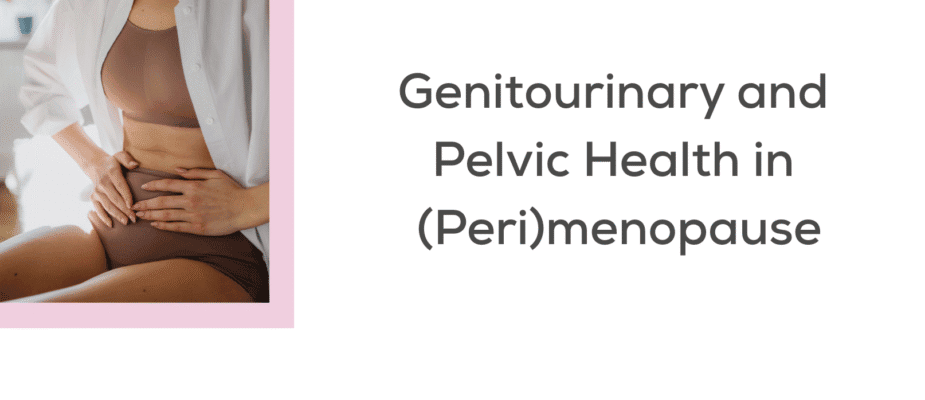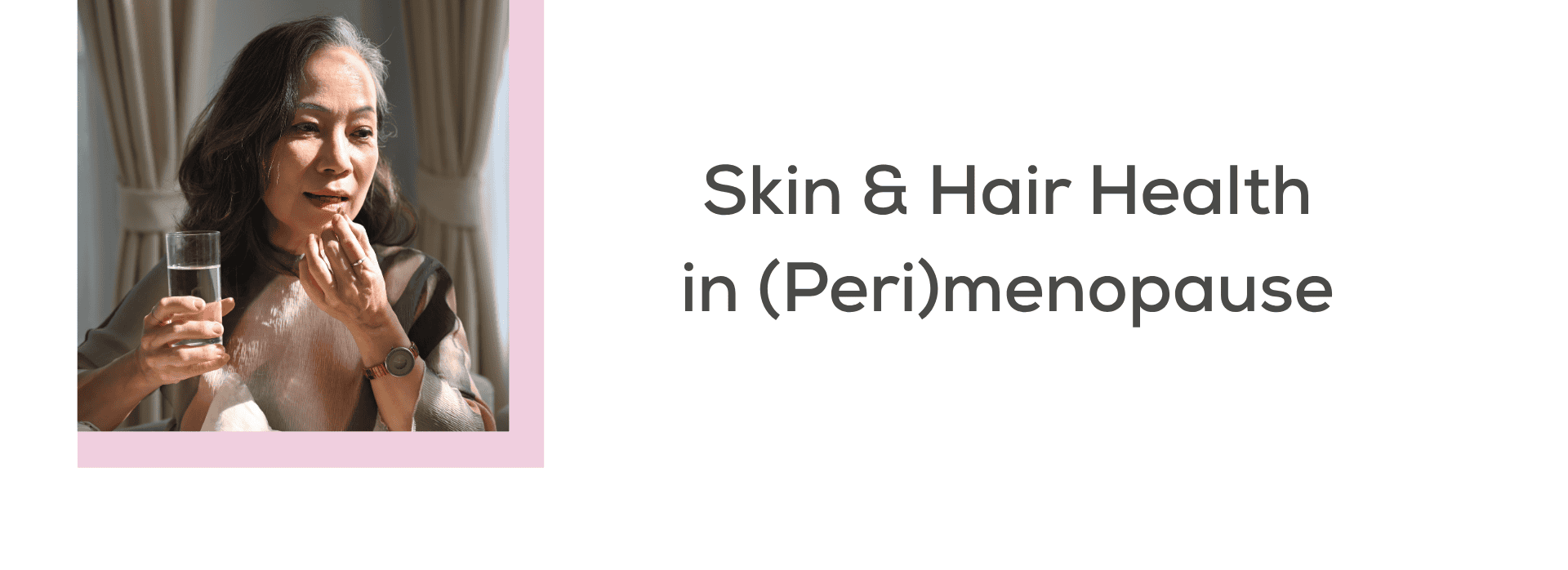An introduction to HRT and Breast Cancer
The lifetime risk remains at 1 in 7. Breast cancer is the most common cancer in women. 1 in 7 women in the UK develop breast cancer during their lifetime.
It is difficult to say if Hormone Replacement Therapy (HRT) plays a significant role in development of breast cancer as these statistics do not change whether women take HRT or not.
Breast cancer risk associated with HRT is something almost every (peri)menopausal woman fears about once they come close to the decision about treatment. This fear mainly stems from inaccurate reporting of a study done about 20 years ago.
The factors that increase the risk of breast cancer
There are many factors which increase the risk of developing breast cancer including genetics and family history (first degree relatives with breast cancer), getting older, being overweight, not exercising regularly, smoking, and drinking too much alcohol (2 units or more daily). But it’s important to note that there are many women who develop breast cancer without any of these risk factors.
The different types of HRT
There are many different types of HRT and there is strong evidence that shows taking biologically identical hormones, these are hormones with the same chemical structure to that produced by ovaries, has no increased risk associated with it.
We also know that taking oestrogen part of HRT via transdermal route, that’s across the skin, is less risky. There are many transdermal oestrogens in available which come in patches, gels and sprays.
The benefits of HRT
Taking HRT has many benefits. As well as improving symptoms related to (peri)menopause, HRT can improve future health by reducing the risk of osteoporosis, heart disease, dementia, diabetes and more.
It is also important to mention that for women who reach menopause at a younger age, replacing their hormones to levels they would have made naturally is largely beneficial. The average age of menopause in the UK is 51.
In conclusion, for the best outcome and for better future health (peri)menopausal women should discuss their symptoms with expert healthcare professionals who can assess their risk to benefit ratio and advise them on the best line of treatment.
If you’re concerned about the risks associated with HRT and breast cancer during perimenopause and menopause and would like to find out how OMC’s personalised treatment plans can help you, get in touch via our Contact page or Book a consultation with an experienced menopause doctor.




